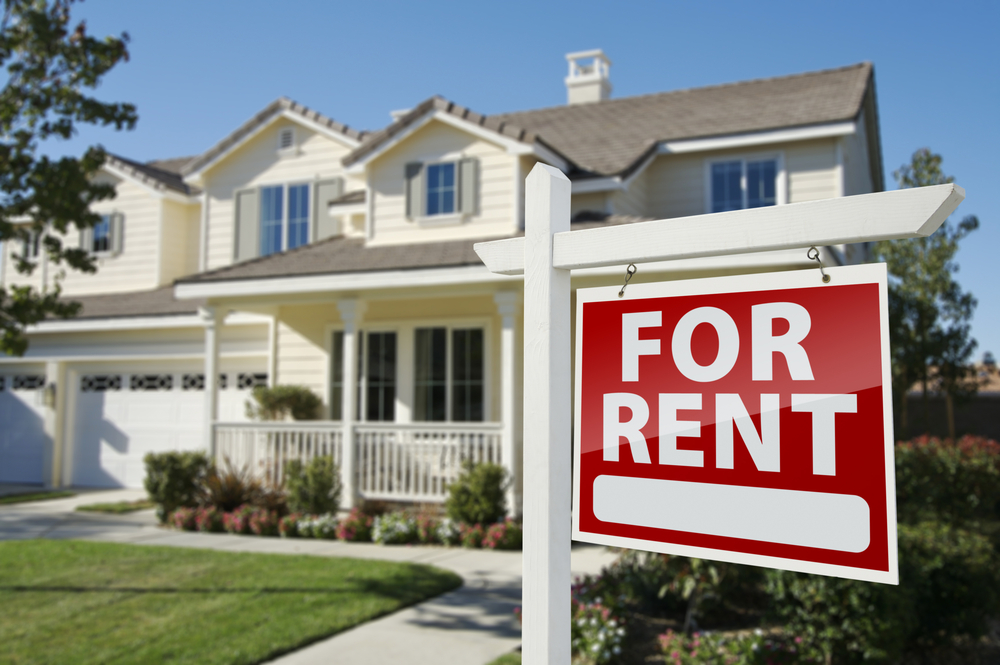Real estate has always been considered a profitable long-term investment. Although the market will fluctuate wildly at times, compared to many other types of investments, real estate is more likely to eventually appreciate in value, making it a sound long-term investment. If you are considering the purchase of an investment property, you might be drawn towards the idea of earning additional income in the short-term with a rental property. Some of the important considerations when purchasing investment property include:
- Location, location, location – you have likely heard the expression many times “location, location, location.” When it comes to selecting rental properties location really is everything. When you bought your own personal residence, you likely thought about location in terms of appreciation and possibly school districts or other personal considerations. When it comes to picking an investment property, appreciation is still a consideration; however, so are the tenants you will attract. If you want to secure potential tenants with little chance of a vacancy, look for a property in a location with a long history of a healthy real estate market or an area with few foreclosures. Real estate that is within or nearby a prominent college or university, for instance, might be a good place to invest. If you want high income tenants, on the other hand, you will need to purchase a property in a higher price range. Study the area and consider who would want to rent there before you select a location.
- Financing – financing for rental properties is harder to secure than financing for an owner-occupied property. Be sure to check with a lender prior to starting your search to ensure that you will qualify for a loan if one is needed. Additionally, mortgage insurance is typically not available for investment properties. For this reason, investment property loans will likely require you to pay a larger down payment and higher interest rates.
- Ongoing costs – when you own rental properties, you are responsible for the costs of fixing anything that goes wrong in most cases. If the air conditioning stops working, you must have it fixed and in a timely manner. Be sure to factor not just the actual costs of repairs and maintenance into your calculations but also the time commitment. Hiring a property management company to handle emergencies and day to day management of the property is one option that solves the time problem; however, that is an additional cost as well.
- Taxes – remember that not only must you pay property taxes on an investment property, but you must also declare all of the rental income on your personal income tax return. However, there are ways in which a landlord can reduce some of the costs of taxes (e.g. deduct mortgage interest payments, deduct the cost of repairs, etc.)
- Long range plans – most real estate investments do not break even for at least three to five years after the costs involved in purchasing the property are taken into account. Be sure that you plan to keep the property for the long run. If you are unsure of your long term plans or how much spare time you will have in the future to manage your rental property, you can look into a property management company that you are confident in before you decide to purchase rental properties.
Rental properties can be an excellent addition to an investment portfolio because they provide short-term income and the potential for a substantial long-term payoff. Just make sure that you consider all of the factors mentioned above before you commit to entering the landlord business.


